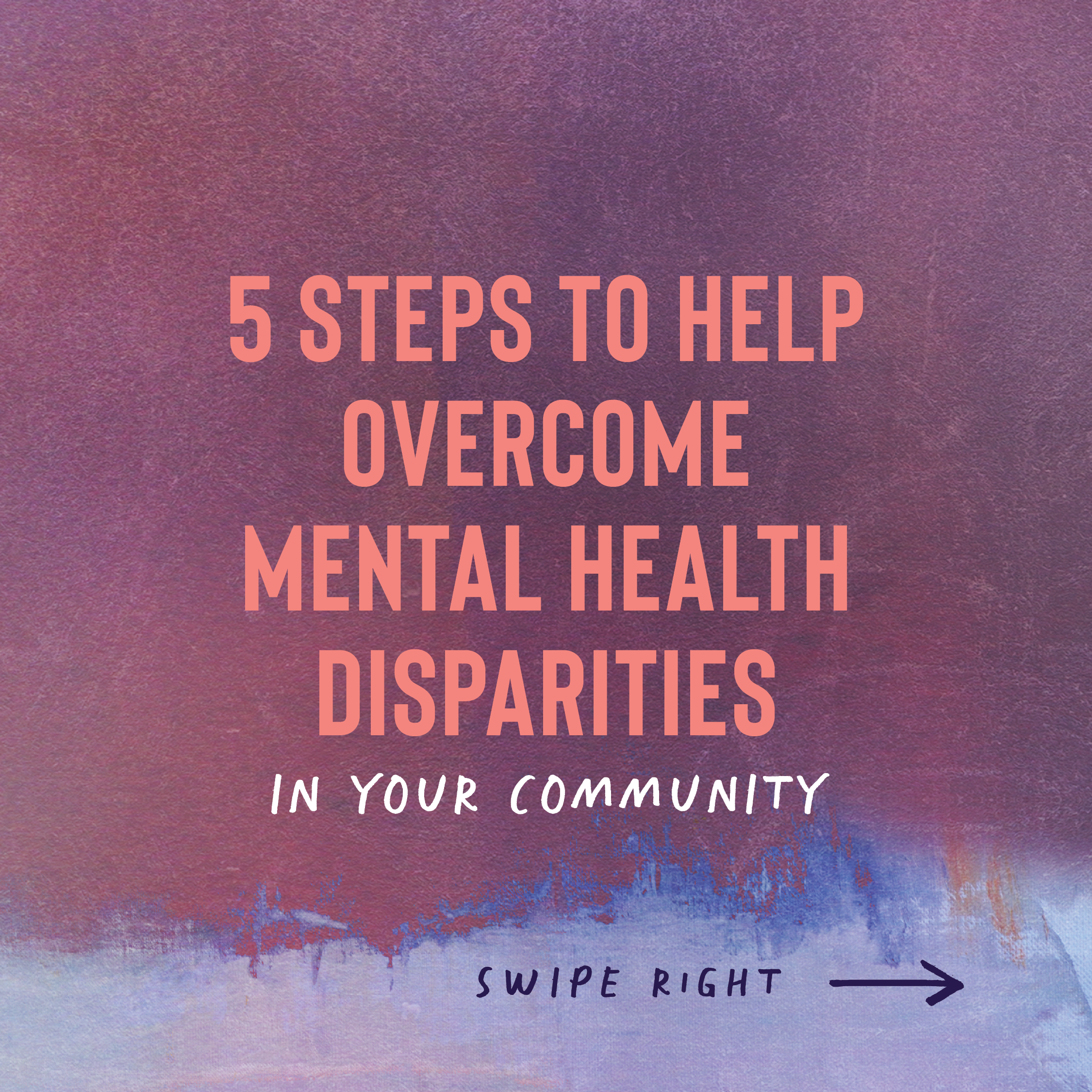
Robert Wood Johnson Foundation (RWJF) is a nonprofit organization focused on building a culture of health for all; achieving health equity is a central tenant of its mission. RWJF identified nurses, the largest and most trusted segment of the U.S. healthcare workforce, as a critical audience and participant to achieve its goal. With this in mind, RWJF set out to engage nurses inunderstanding and taking action to address health disparities and inequities.
This was a big challenge for two reasons. First, RWJF was an unknown brand without a connection to nurses. Second, connecting with nurses is notoriously difficult. Research showed that nurses needed more than hand-me-down messages from leaders. And they were having conversations on their own terms—through memes, sarcasm, and social media—not on channels carefully monitored by HR. They needed a forum that encouraged honesty and fostered trust. A place that celebrated their humanity (and eccentricities). A platform where nurses could engage on the issues they felt were most important—health disparities, sure, but also burnout, staffing shortages, and difficult colleagues. So, in 2020, RWJF launched SHIFT, a digital and social community for nurses built on bones-deep authenticity to drive transformation in health equity through nurses.
In 2022, after establishing SHIFT, we set out to get deeper with nurses, because our data showed nurses weren’t engaging in our health equity content as frequently as we wanted. Though health equity and health disparities are popular buzzwords, we knew these could be abstract, academic topics for nurses.
To facilitate change, we had to make concepts real and get them to imagine themselves contributing in their own way to better health equity.
Some important research led us to the solution of producing a documentary. Research revealed that there was a divide between nurse leaders and the everyday nurses, and talking on an academic level wasn’t going to be effective. Yet we also found that nurses have a bond with each other and can be counted on to show up, support, and listen to each other. Equally important, nurses are rarely able to see themselves in any major media, often relegated to an inaccurate and unflattering supporting role. We believed a documentary that spotlighted one of their own could engage nurses in a difficult topic that most nurses would claim was not an organizational, professional, or personal priority.
For our film, we targeted the everyday nurses who are change makers at heart. These are nurses who see the problems in the healthcare system and society and want to take action. Yet even within this segment, we had to appeal to a wide range of people. Some may be more experienced,while others may want to right wrongs but are nursing students at the beginning of their journeys.
Additionally, we were very cognizant that between exhausting hours, life-or-death decisions, and that constant I-can’t-put-out-the-fire feeling, nurses bear the weight of the world. And here we were, asking something more from nurses.
Strategically, we knew we had to tell a tangible and irrefutable story of how nurses can make a big difference, but we also had to reach the average, everyday nurse. We had to help them become advocates, give them a powerful tool to spread important ideas, fuel conversations and connections, build confidence, and encourage action.
With these criteria in mind, we created the short documentary “Who Cares: A Nurse’s Fight for Health Equity.” The film features Whitney Fear, a psychiatric nurse practitioner who extends compassion and empathy to the many vulnerable populations she comes across at Family HealthCare, a federally qualified health center in Fargo, North Dakota. Having grown up on the Pine Ridge Reservation in South Dakota, one of the poorest areas in the United States, Whitney has firsthand knowledge of the many barriers Indigenous people face to good health, which helps her provide care that factors in the cultural, historical, and social determinants of a patient’s past and present. The film highlighted Whitney’s background, her relatable journey to becoming a nurse, and how her trauma-informed care approach—one that all nurses can adopt—provides a step up to a healthier and more equitable future for people in her community. Perhaps most importantly, the film included real emotion, from humor to compassion to hope, that we knew was essential to be credible and inspiring.
The film was supported with comprehensive educational content and a social media program that was emblematic of SHIFT’s striking and emotional visual style.
Our overall goal was to reach nurses (of whom there are approximately 4.2 million in the U.S.), engage them in conversations about health equity, and ultimately empower them to lead the conversation about health equity for the industry.
With our precise targeting and messaging, we reached nurses, creating:
We engaged them in the health equity conversation, with:
More importantly, the program made true change among nurses, with several nursing organizations and schools screening the film and integrating it into their curriculums.
This validated our theories that true health equity can be discussed, taught, and led by nurses—and the SHIFT program continues beyond the podcast, website, social community, and documentary, with more content to come.





